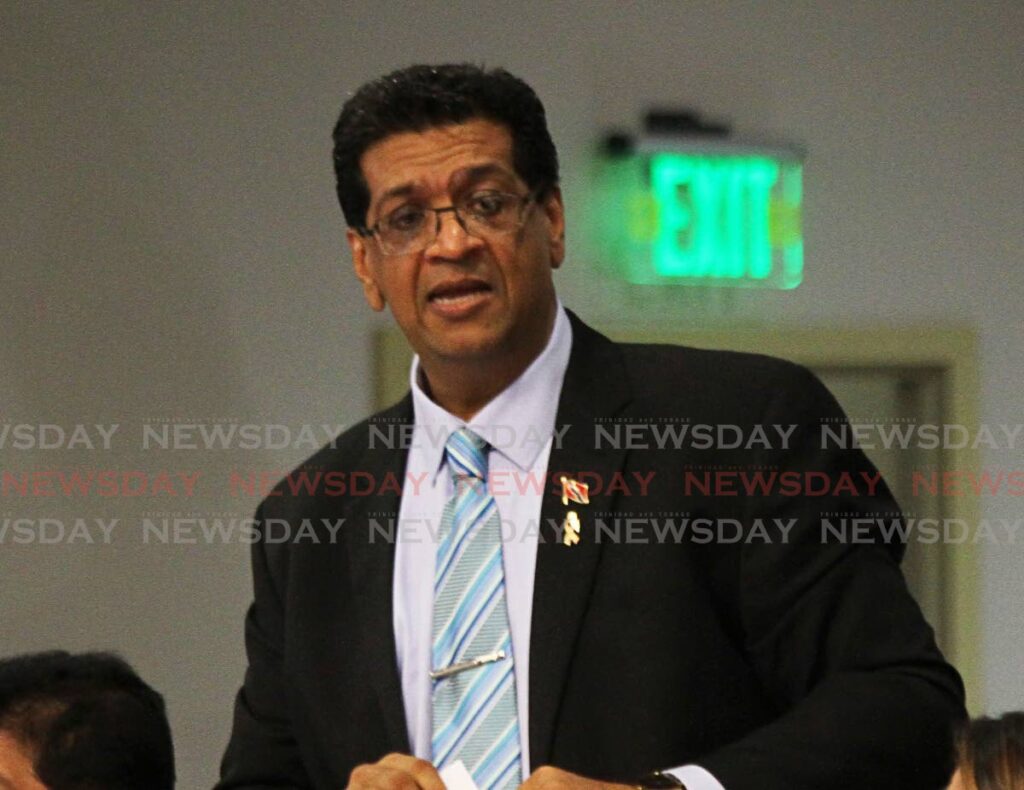A call for solidarity and change

THE EDITOR: I write to express my profound appreciation for the gracious invitation extended to me by the Rio Claro Heritage and Preservation Organisation to witness the installation and unveiling of a historical marker commemorating the Rio Claro labour revolt of June 1937 – an event of paramount significance in our nation's history.
The revolt, which unfolded amidst a period of social unrest from 1934 to 1937, witnessed the tenacity and determination of workers in TT as they sought change and rallied against oppressive conditions in the sugar plantations and oilfields. While the unrest in Fyzabad, San Fernando, Point Fortin and Port of Spain is widely known, it is equally important to shed light on lesser-known protests, such as the one that took place on June 22 in Rio Claro.
The historical context surrounding these revolt is crucial to understanding its significance. The clash between striking oilfield workers and the police on June 20, 1937, captured the attention of the nation through extensive media coverage. As the strike spread to various parts of the colony, petrol shortages and clashes between the strikers and authorities marred the region, resulting in injuries and escalating tensions.
Amidst this unrest, figures like Timothy Roodal, the deputy leader of the Trinidad Labour Party, appealed for peace among the strikers. However, the situation continued to deteriorate, ultimately leading to armed British troops raiding Fyzabad in search of the strike leader, Tubal Uriah "Buzz" Butler.
The revolt marked a turning point, propelling the establishment of the Oilfield Workers' Trade Union (OWTU) in September 1937, the country's first registered trade union dedicated to advocating for the rights of those in the petroleum industry.
I commend the Rio Claro organisation for its laudable initiative to honour the individuals who valiantly fought to alleviate the struggles faced by workers. By illuminating the battles fought by the brave residents of Rio Claro against worker abuse, underpayment, racism, economic depression and declining living standards, it reminds us of the challenges that persist within our society.
While we have witnessed the growth of numerous unions representing various fraternities, it is imperative to acknowledge that the challenges and grievances faced by the working class are still significant. Many individuals endure insufficient income, insecure employment, non-unionised work, unemployment without alternatives, a stagnant economy, lack of access to maternity leave and the rising cost of living.
We must not merely reflect on our history but actively learn from it. On that fateful afternoon of June 22, 1937, workers gathered in solidarity near the Rio Claro scale house and were met with gunfire from the colonial police, acting under the orders of the local warden on behalf of the colonial authorities. The tragic consequences included four fatalities, 20 injuries and the arrest of 11 people, including a woman.
In commemorating the lives of those fallen comrades – Errol Hodge, Ismail Khan, Ralph Chase, Darling Trim and Joseph London – we must pledge to stand against the injustices that continue to affect the working class. Let us not succumb to a narrow focus on personal gains but embrace the opportunity to drive change for the collective well-being of workers in all areas.
Recognising that the struggles faced by our predecessors persist, we must advocate for the rights of workers and address the injustices that plague our society. Together, let us demand fair wages, secure employment, adequate social protections and accessible benefits for all. By uniting in our pursuit of a fairer and more equitable society, we can bring about meaningful change and ensure a brighter future for generations to come.
In paying homage to the sacrifices made by those who fought for better conditions, let us allow their bravery to propel us forward. Let us engage in a genuine fight, united in our goal to improve the lives of workers across all sectors. Through active pursuit of betterment and working towards the common good, we can honour their legacy and create a world that values and respects the rights and well-being of all its members.
May the commemoration of the Rio Claro labour revolt serve as a poignant reminder of our responsibility to champion the cause of workers everywhere. Let us not repeat the mistakes of the past, but learn from history and allow it to guide us in shaping a society that embraces justice and equality.
RUSHTON PARAY
MP, Mayaro

Comments
"A call for solidarity and change"